‘Floyd Collins’ Broadway Review: Jeremy Jordan Soars While His Character Is Trapped
His great performance galvanizes a high-profile revival that further enhances the brilliance of composer Adam Guettel The post ‘Floyd Collins’ Broadway Review: Jeremy Jordan Soars While His Character Is Trapped appeared first on TheWrap.

Adam Guettel and Craig Lucas’ “The Light in the Piazza” remains the greatest musical of this century. It opened on Broadway in 2005 at Lincoln Center Theater, and endured a few bumpy weeks at the box office, dampened by decidedly mixed reviews, before the New York Times’ Stephen Holden gave its cast recording a money notice. The newspaper’s theater critic Ben Brantley had dismissed the show. Their music critic famously disagreed, calling it “the most intensely romantic score of any Broadway musical since ‘West Side Story.’”
Since “Piazza” is Guettel’s second musical, critical attention must focus on what came before such sonorous genius, and that’s “Floyd Collins,” which played Off Broadway’s Playwrights Horizons for only 25 performances in 1996. Had theatergoers and critics missed something about this early musical written with book writer Tina Landau?
Seeing “Floyd Collins” now recalls the anticipation surrounding Second Stage’s 2000 revival of “Saturday Night,” the first musical written by Stephen Sondheim, in 1955. Sondheim went on to write his masterpieces, from “Company” to “Sweeney Todd,” in the 1970s, and arguably there is not a glimmer of his future brilliance in this first work.
That’s not the case with “Floyd Collins.” Guettel’s songwriting here repeatedly recalls the sweeping chromatic music flecked with tantalizing dissonances that distinguishes “Piazza” and, later, “Days of Wine and Roses.” Any theatergoer who loves Broadway musicals needs to see this gorgeously sung revival of “Floyd Collins,” which opened Monday at LTC’s Vivian Beaumont Theater.
It is not an easy or relaxing two-and-a-half hours in the theater. Like Sondheim so often did before them, Guettel and Landau picked a subject matter in “Floyd Collins” that isn’t merely unusual for a musical. It downright defies the dictates of the art form. Except for a tour de force opening where Floyd Collins rappels through the cave before getting himself fatally stuck there, the lead character cannot move. Landau based her book on a true story, and the real Floyd Collins explored much of what became known as Mammoth Cave National Park in Kentucky. After his accident in 1925, he died two weeks later. In the musical, Collins receives visits in the cave from only two other characters – his much-beloved younger brother, Homer, and a journalist doing a story on the incident. Everybody else in the story – Collins’ family, friends, townspeople, other journalists and hucksters wanting to profit from the incident – remain above him on terra firma.
Sondheim wrote about subjects like cannibalism, presidential assassins and Kabuki theater that also challenged audiences. And in the case of “Merrily We Roll Along,” a narrative told in reverse, it took decades for the once-maligned show to become a hit on Broadway: the 2023-24 Tony-winning revival starring Jonathan Groff.
The Broadway debut of “Floyd Collins” makes a good case for the musical without being a revelation the way “Merrily” was last season. “Floyd Collins” is the odd, compromised musical in which the second act is far stronger than the first. Despite Guettel’s always arresting score, Landau’s book doesn’t really take off until the second act when the circus of journalists, hucksters and even a movie director make their appearance above the cave trapping Collins (Jeremy Jordan). More problematic than the lead character being confined are his static relationships with a brother (Jason Gotay), sister (Lizzy McAlpine) and father (Marc Kudisch). The two siblings are very supportive of Floyd, the father is not. In other words, nothing changes in these relationships in the course of the musical. Nothing grows or disintegrates.
Playing book writer for a moment, I imagined a slightly different scenario where Floyd Collins has a wife (or some other relative) with whom he is estranged when he falls into the cave. The ordeal then propels the two of them to rediscover their love for each other. Something like that happens with the first journalist (Taylor Trensch, being the epitome of obliging) who visits Collins in the cave. He’s there on assignment, but in his daily contact, he comes to love the victim, and vice versa. That kind of dramatic development is completely missing with the other characters.

Landau’s book takes a long first act to get to the carnival atmosphere that ensues. “Floyd Collins” doesn’t credit the screenplay for Billy Wilder’s 1951 drama “Ace in the Hole,” which basically tells the same story and tells it much better by focusing on the hucksters, led by Kirk Douglas, more than the trapped man.
Landau directs here, and her staging calls out the crass American commercialism by giving us a crass Broadway circus-style production number complete with balloons and fireworks. Dots designed the otherwise minimal set.
She also directed the 1996 Off Broadway production of “Floyd Collins,” and it is unfortunate that someone with a fresher take wasn’t engaged for this major revival. Both productions make the fatal error of having Collins leave his cave cage to dance across the stage to deliver the act-one finale, “The Riddle Song,” a look back at the two brothers’ childhood together. Collins’ mental freedom here is most awkwardly reversed when Jordan has to take his place back under the “rocks” trapping him. (This dreadful bit of staging induced nervous laughter at the performance I attended.) Equally bad, Floyd’s momentary freedom to sing “The Riddle Song” ruins the musical’s grand conclusion when he leaves the cave to find freedom, finally, in death. If you’re going to make a musical where your lead character is a man trapped in a cave, you’ve got to stick with that most difficult concept.
What that original 1996 production did not have was a compelling actor to play Floyd Collins. This revival stars Jeremy Jordan, who personifies the word “charisma.” Whether rappelling on the stage or stuck downstage left under a spotlight (lighting design by Scott Zielinski), Jordan rivets the attention. Whatever its deficiencies, “Floyd Collins” delivers a mighty central character that musically, if not dramatically, is the male equivalent of Rose in “Gypsy.” Jordan’s magnificent work here is one for the record books, one of the all-time great musical performances. Don’t miss it.
The post ‘Floyd Collins’ Broadway Review: Jeremy Jordan Soars While His Character Is Trapped appeared first on TheWrap.





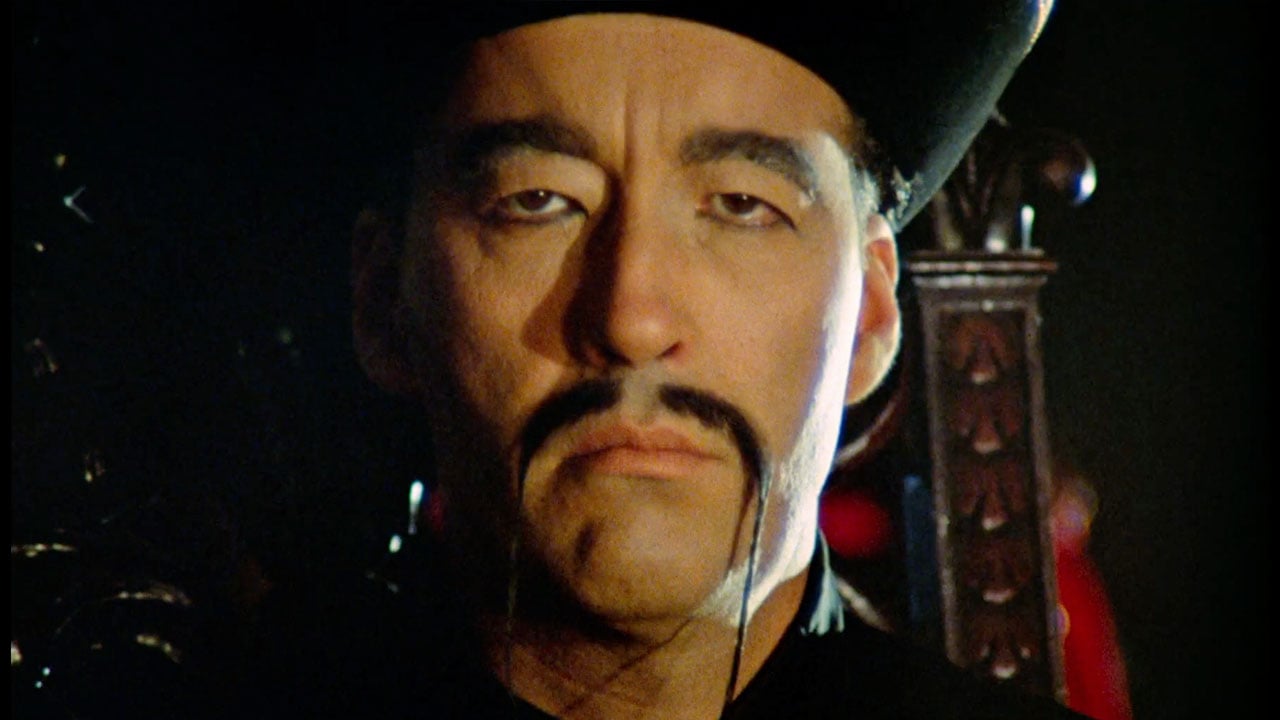

![‘Ready or Not 2’ Cast Announce Includes Sarah Michelle Gellar and David Cronenberg! [Video]](https://bloody-disgusting.com/wp-content/uploads/2019/07/ready-or-not-movie-1024x591.png)



















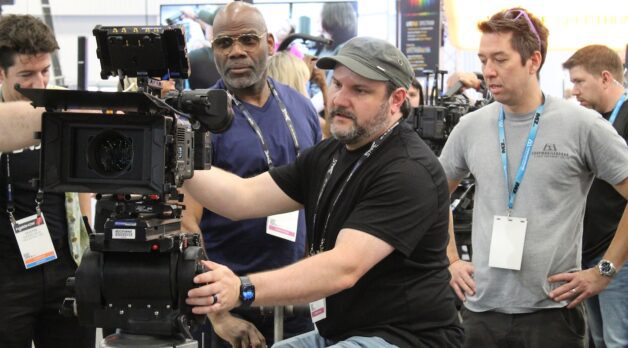









.png?format=1500w#)


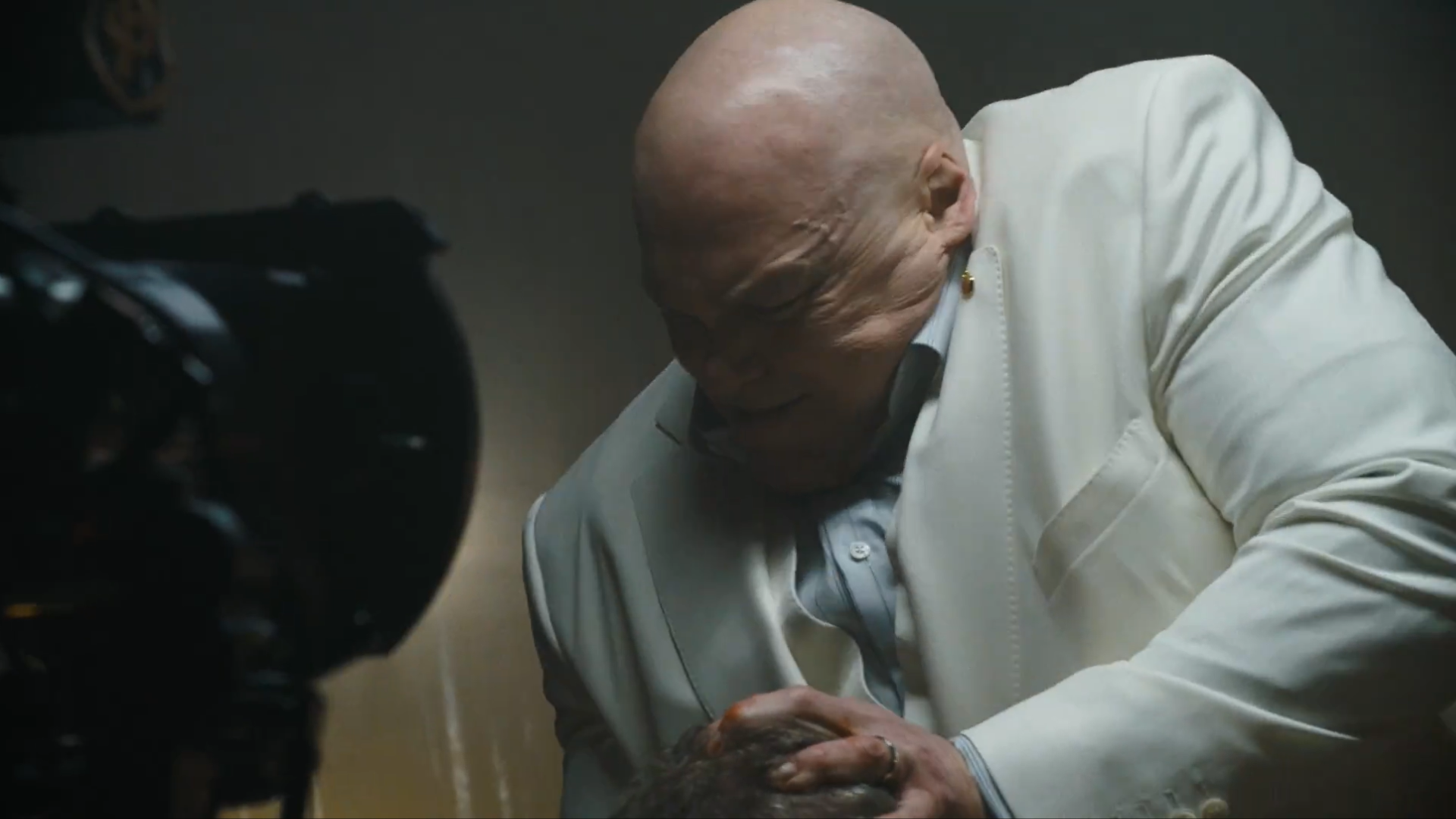.png?format=1500w#)










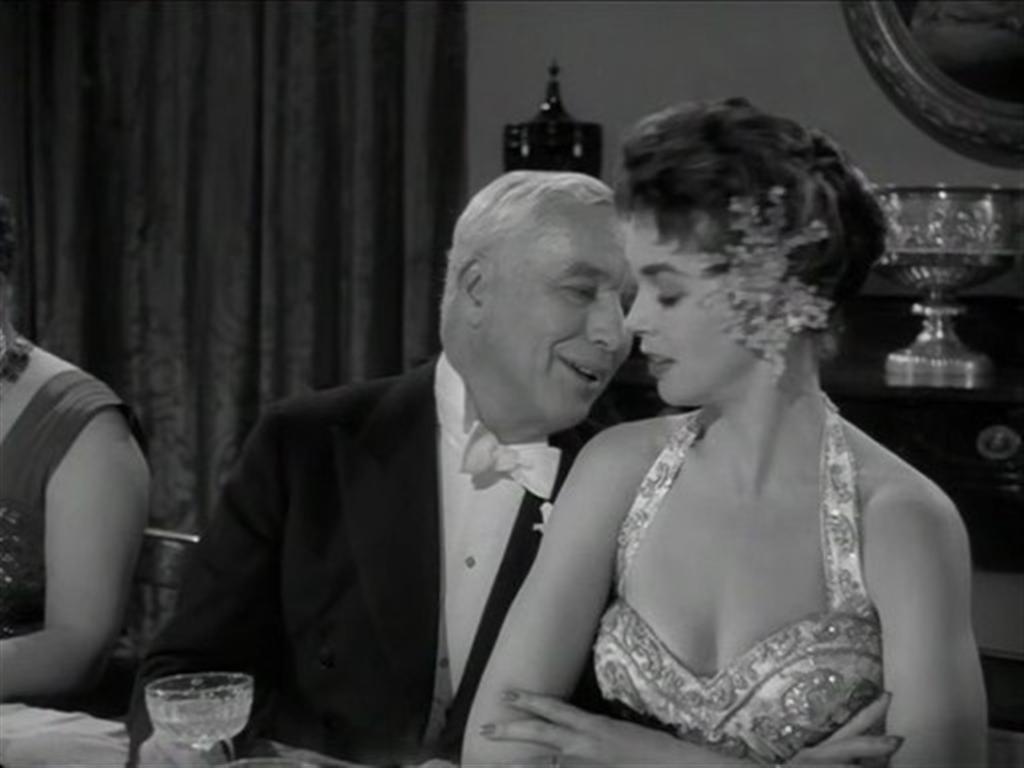
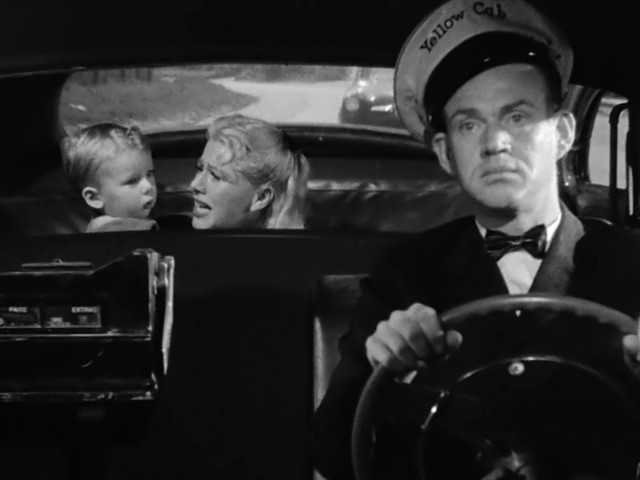
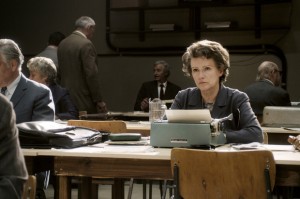




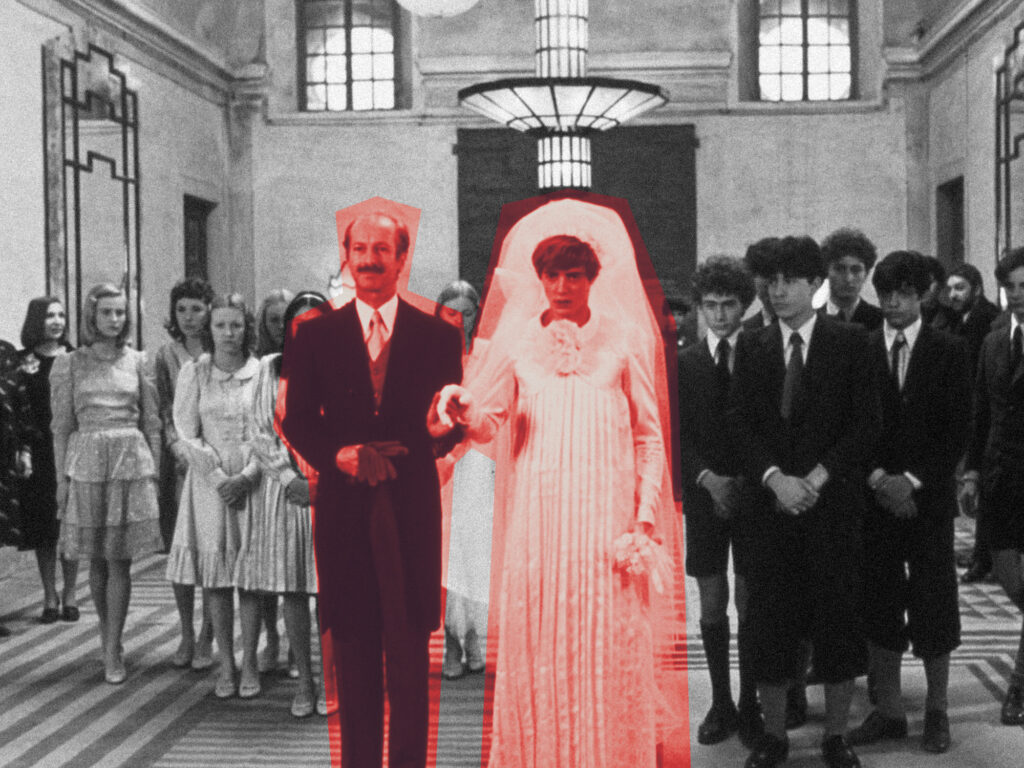













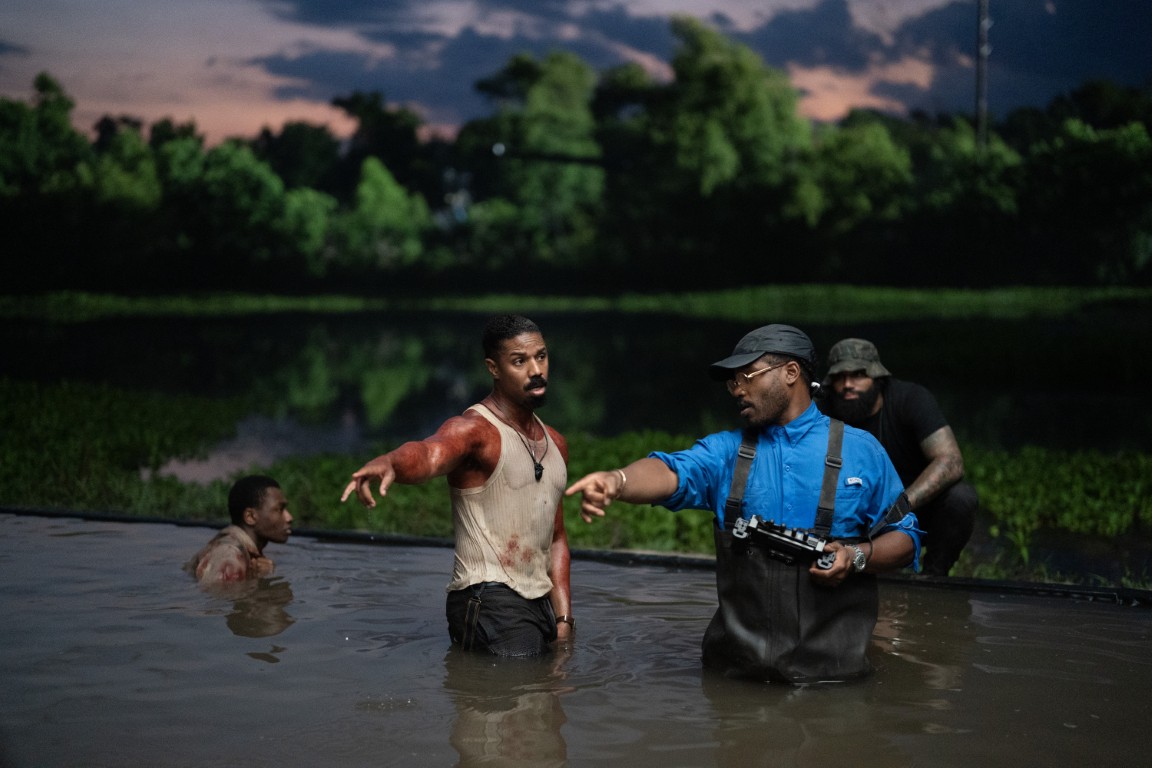







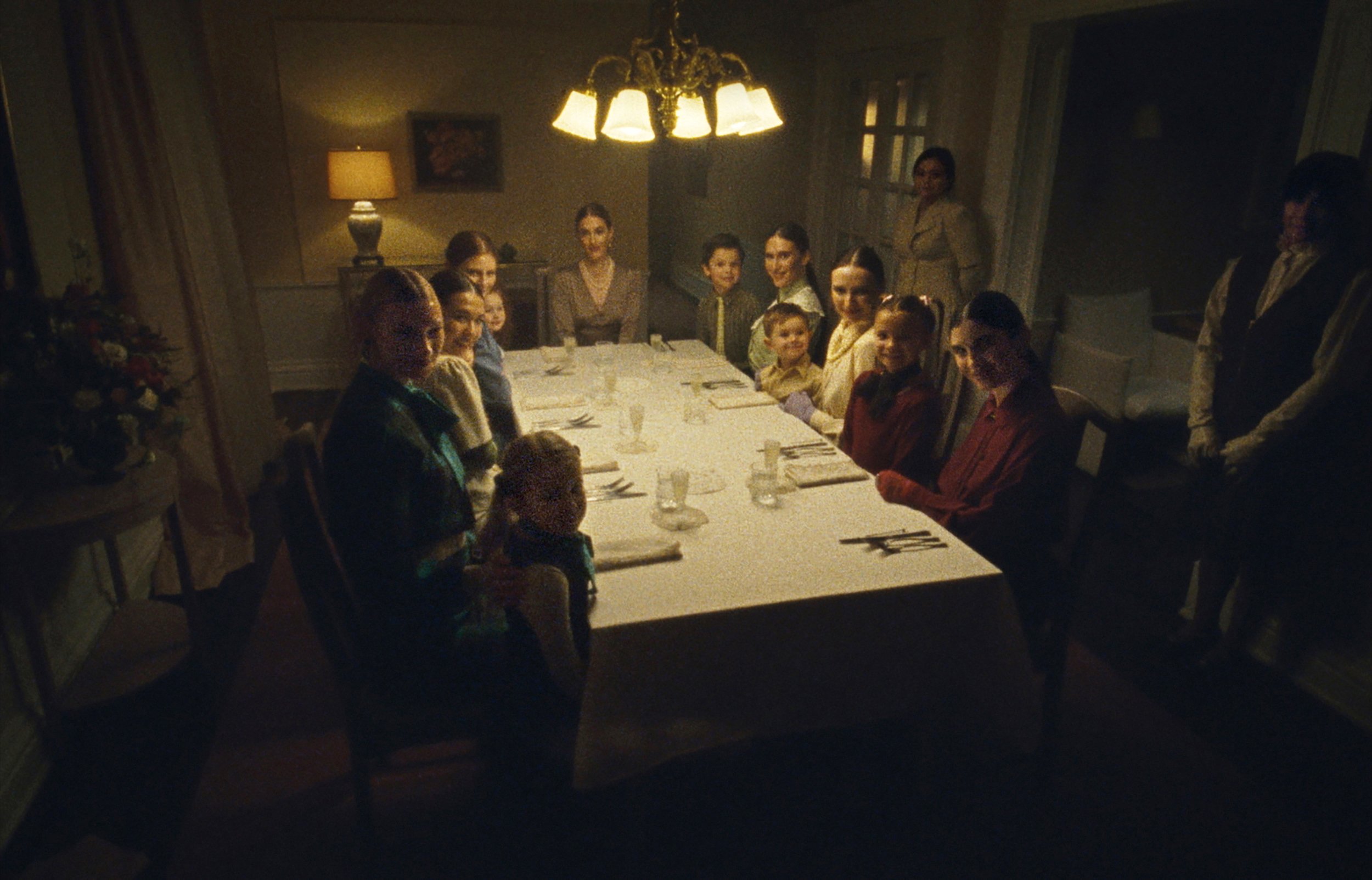

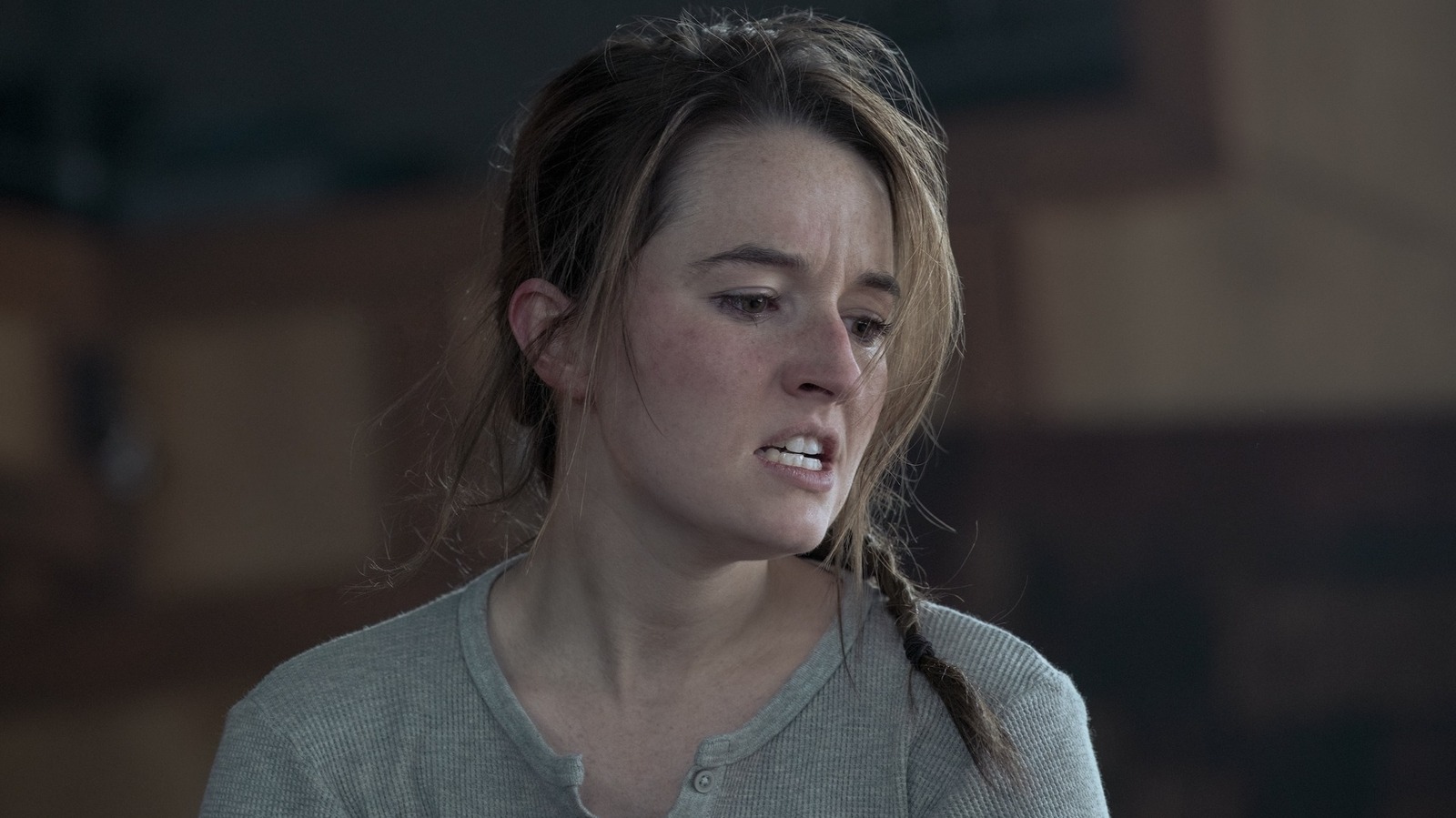
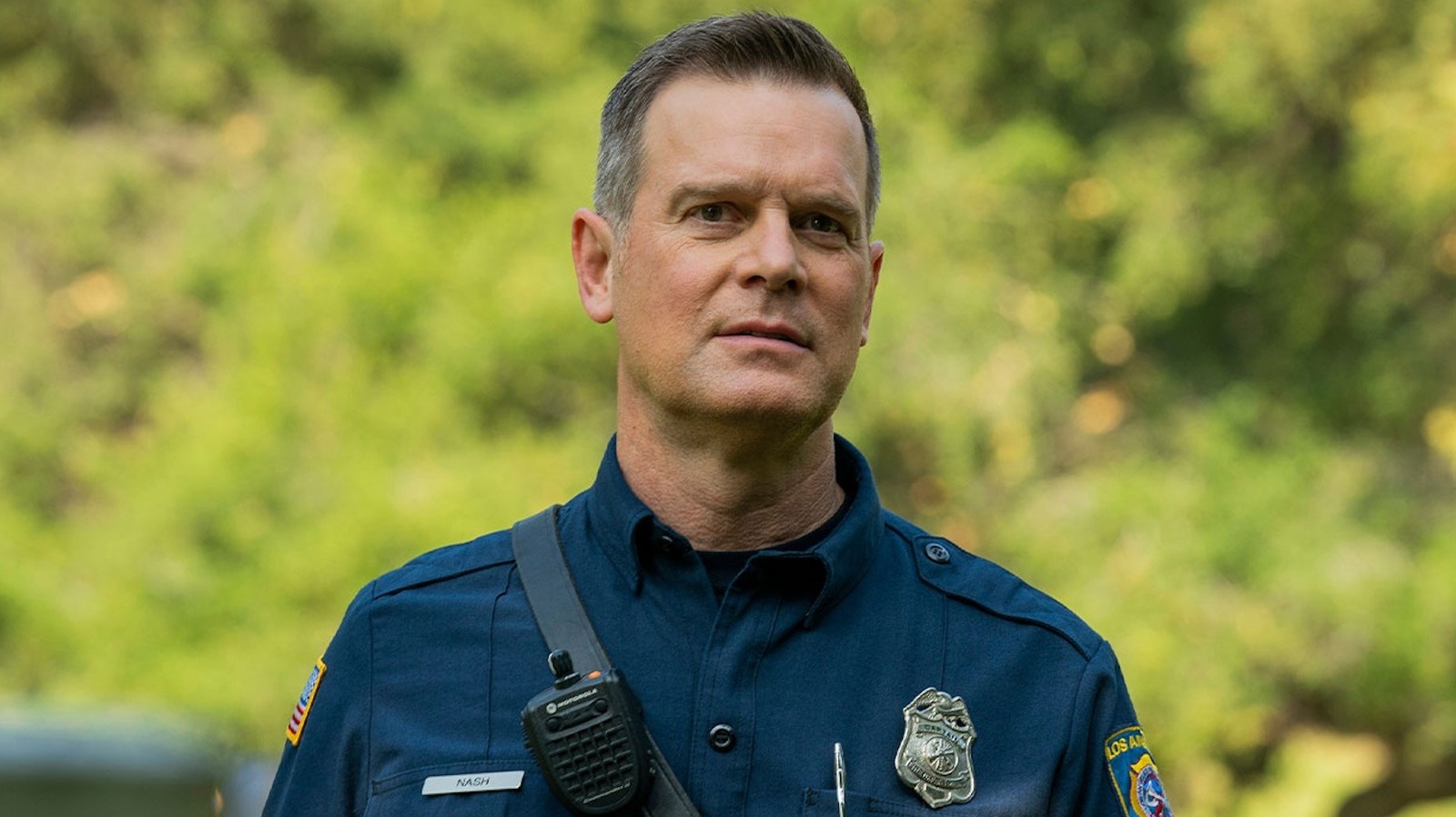







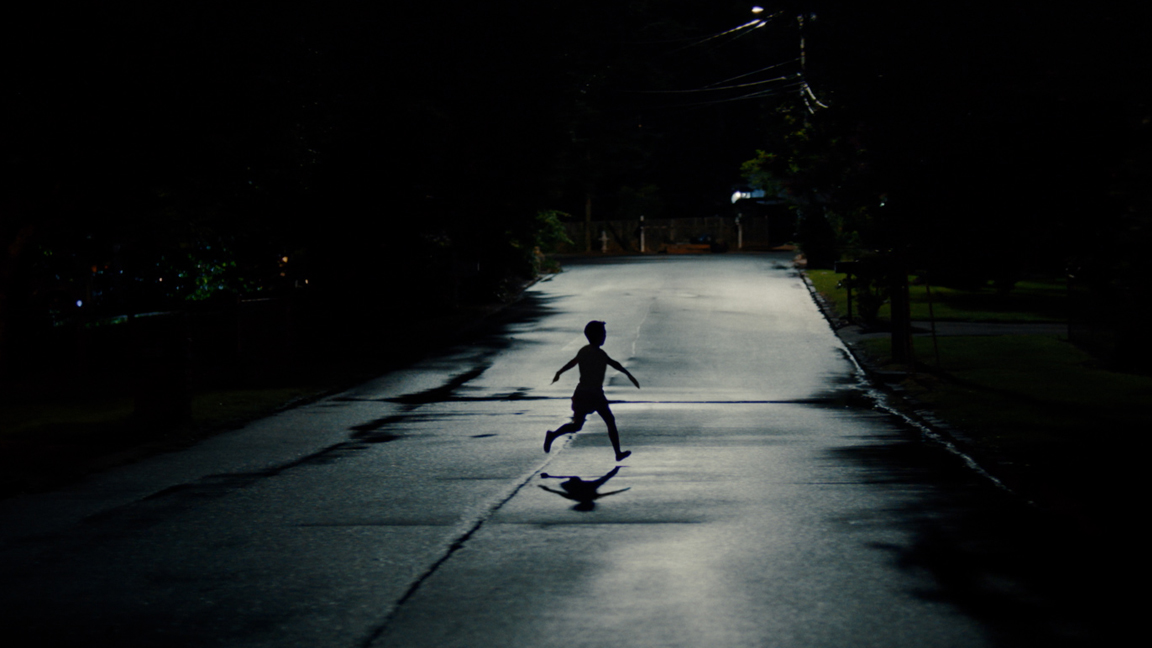












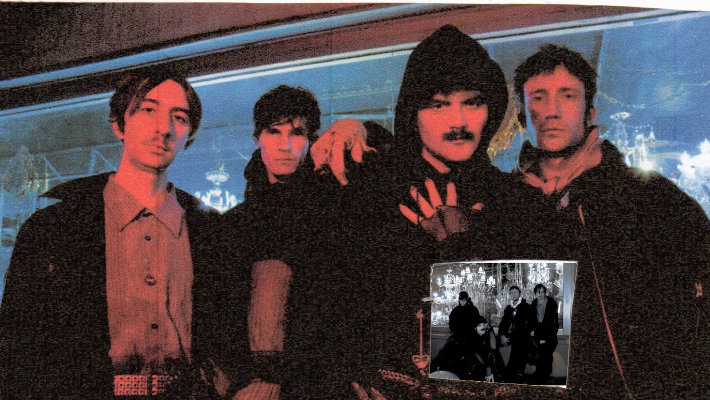
















































































































![Mouse Invades United Club at LaGuardia on the Eve of $1,400 Fee Hike [Roundup]](https://viewfromthewing.com/wp-content/uploads/2025/04/united-club-lga.jpg?#)
![Caught on Video: “He Busted Through!” Frontier Airlines Passenger Storms Closed Las Vegas Gate [Roundup]](https://viewfromthewing.com/wp-content/uploads/2025/04/Screenshot-2025-04-20-140707.png?#)

![It’s Unfair to Pay 100% for 50% of a Seat—Why Airlines Must Start Refunding Customers When They Fail To Deliver [Roundup]](https://viewfromthewing.com/wp-content/uploads/2025/04/broken-american-airlines-seat.jpeg?#)
































.jpg?#)
.jpg?#)
















































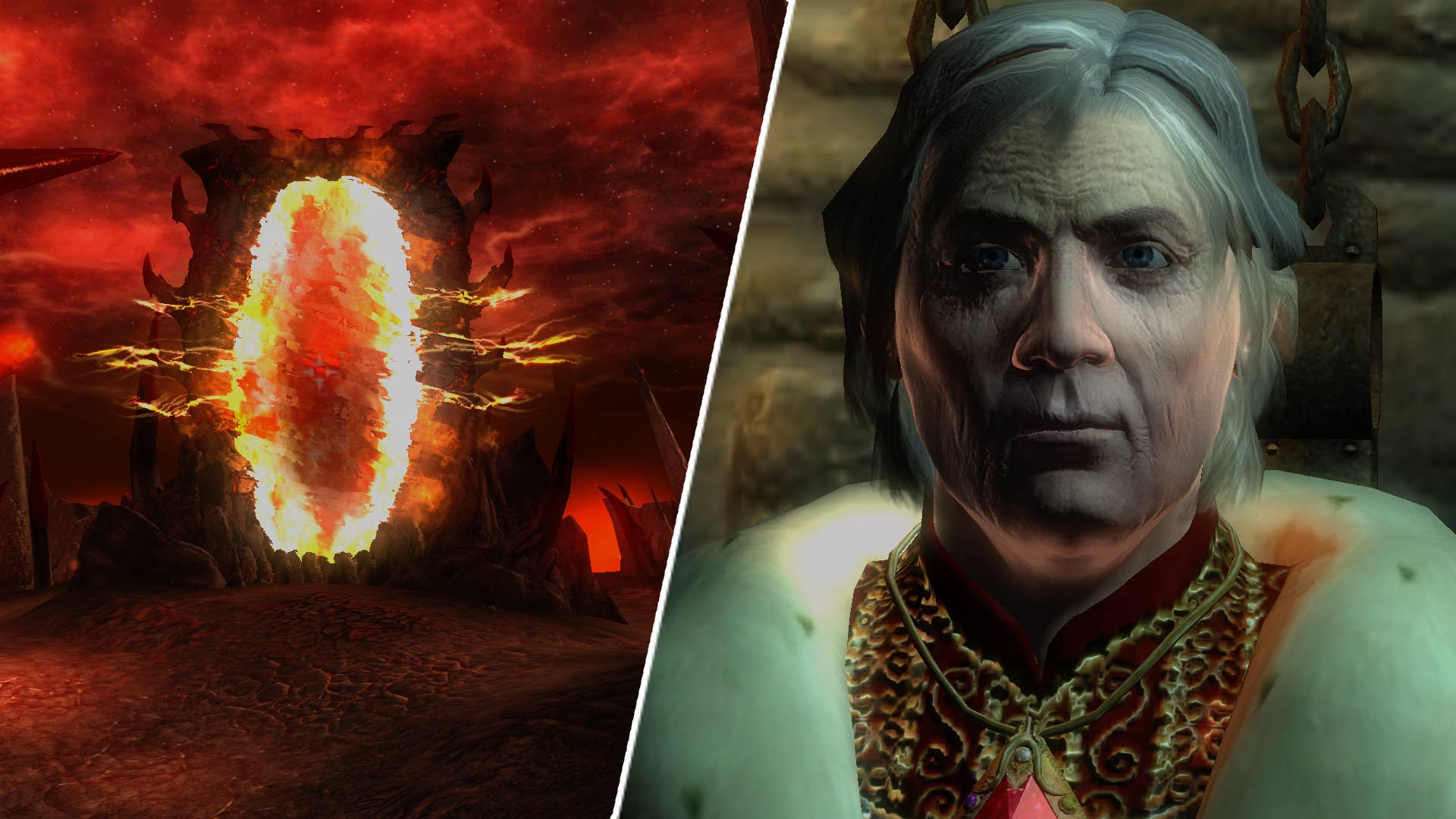


















































































![[Podcast] Unlocking Innovation: How Play & Creativity Drive Success with Melissa Dinwiddie](https://justcreative.com/wp-content/uploads/2025/04/melissa-dinwiddie-youtube.png)


















































































































